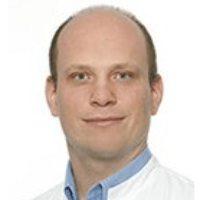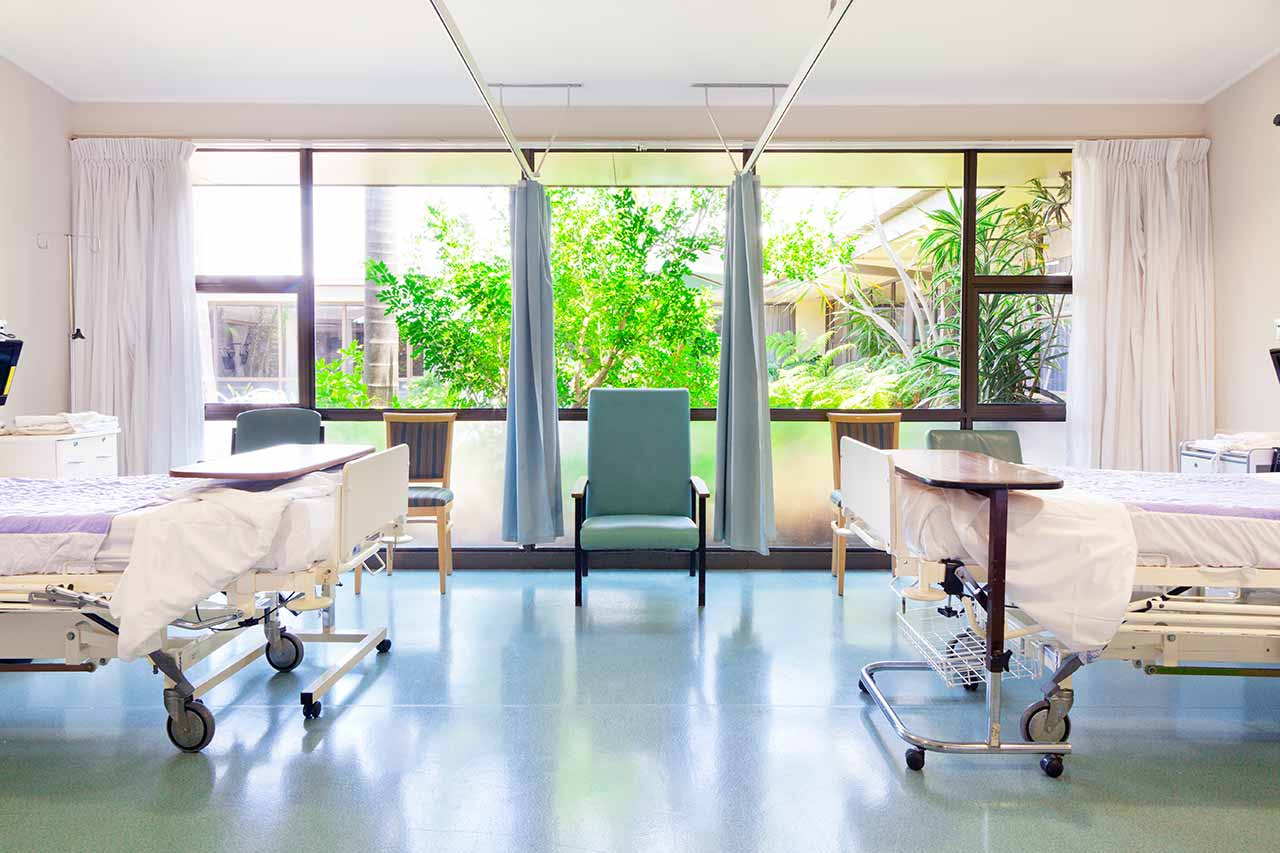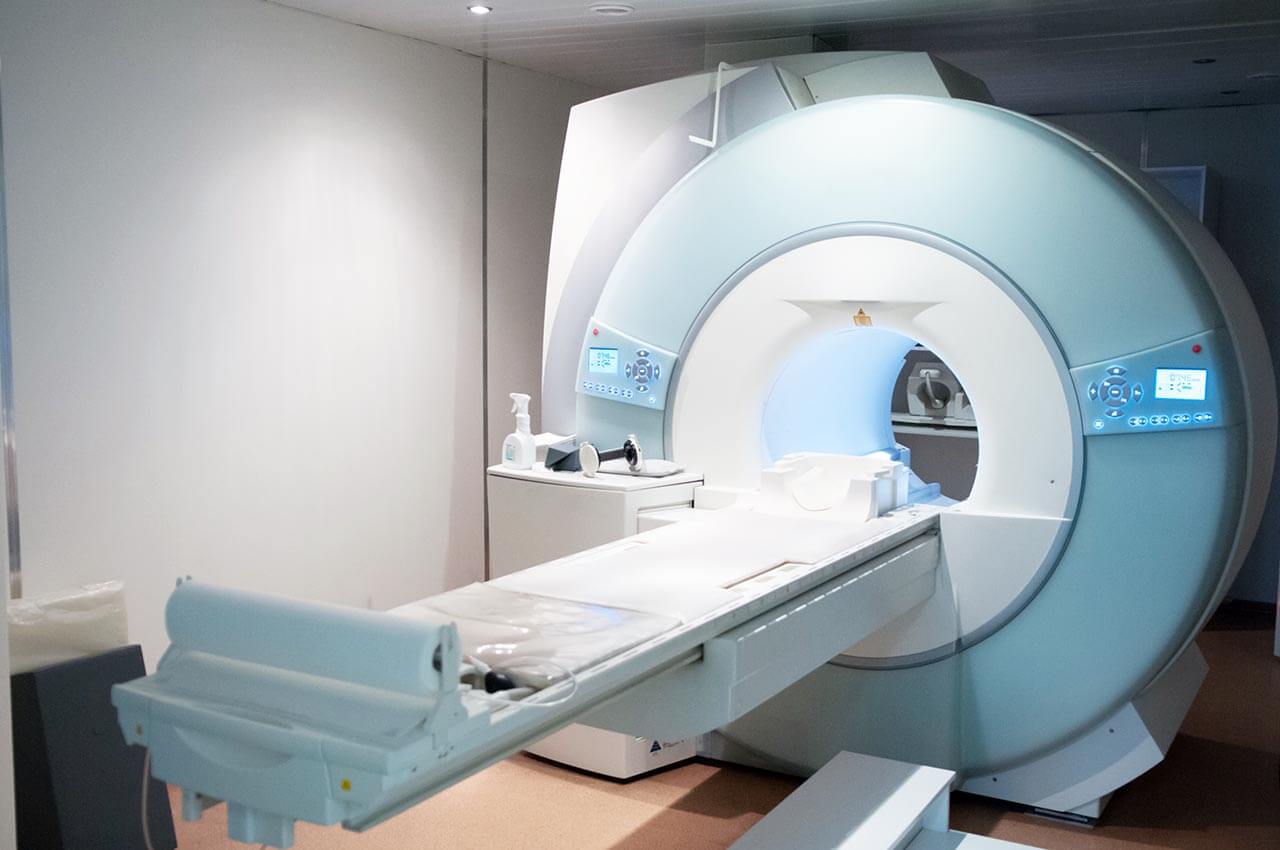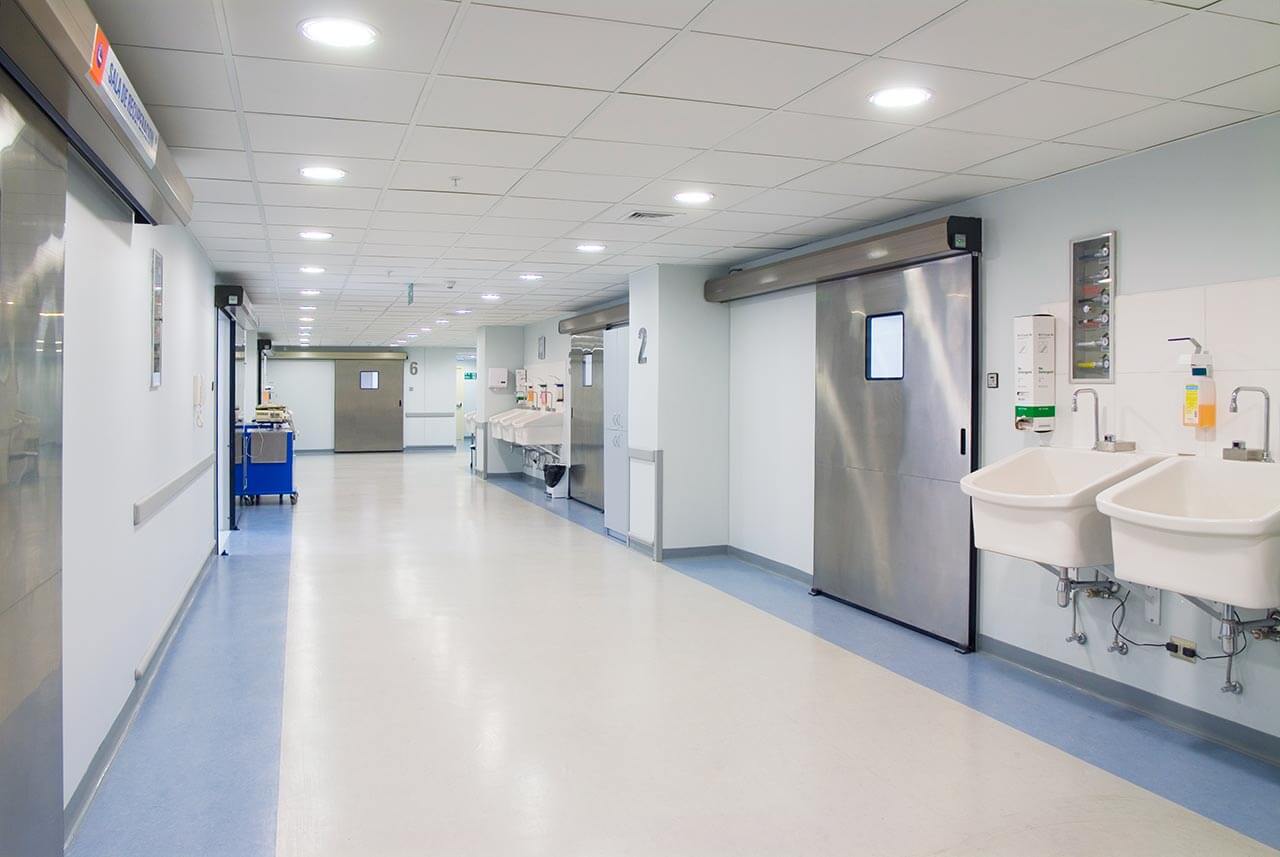
The program includes:
- Initial presentation in the clinic
- clinical history taking
- review of medical records
- physical examination
- laboratory tests:
- complete blood count
- general urine analysis
- biochemical analysis of blood
- TSH-basal, fT3, fT4
- tumor markers
- inflammation indicators
- indicators of blood coagulation
- ultrasound scan
- CT/MRI scan
- 1 course of chemotherapy
- nursing services
- consultation of related specialists
- treatment by head physician and leading experts
- explanation of individual treatment plan
How program is carried out
During the first visit, the doctor will conduct a clinical examination and go through the results of previous laboratory tests and instrumental examinations. After that, you will undergo an additional examination, including laboratory assessment of liver and kidney function, ultrasound scan. Based on the received results, the doctor will elaborate the chemotherapy regimen. If necessary, related medical specialists will be involved in the elaboration of a treatment regimen (tumor board).
Chemotherapy is carried out as the day hospital procedure, without mandatory admission to the hospital. After the placement of a venous catheter, you will stay in a comfortable ward. An infusion system will be connected to the catheter, through which the required drug or a drug combination will be administered. All drugs are administered by intravenous drip, slowly, so the total duration of the infusion can be up to several hours. All this time, doctors and nurses will monitor your health condition closely.
After the course of chemotherapy, you will stay under medical supervision in the ward for a few more hours. If your general condition is good, your doctor will allow you to leave the hospital. You will receive the medical report with detailed recommendations regarding further treatment. In the future, you will be able to have a distant consultation with your attending physician and schedule the next course of chemotherapy, if necessary.
Required documents
- Medical records
- MRI/CT scan (not older than 3 months)
- Biopsy results (if available)
Service
You may also book:
 BookingHealth Price from:
BookingHealth Price from:
About the department
The Department of Pediatric Oncology and Hematology at the University Hospital Saarland Homburg provides the widest range of services for young patients in these medical fields. The department is responsible for high-precision diagnostics and comprehensive treatment of solid malignant tumors (brain cancer, lymphomas, nephroblastomas, and others), as well as benign and malignant blood diseases and blood clotting disorders in children. Young patients can receive medical care both on an inpatient and outpatient basis. An integral part of the treatment is psychosocial support for both the patient and his family. The medical care in the department complies with the guidelines of the German Society of Pediatric Oncology and Hematology (GPOH). The treatment is based on the use of only reliable and effective therapeutic methods, which, in most cases, allow doctors to achieve the child's complete recovery. The department offers well-equipped play areas, music therapy, and various types of animation programs for children, which significantly facilitates the therapeutic process. The department is headed by Prof. Dr. med. Marc Remke.
In the field of pediatric oncology, the department's specialists carry out comprehensive diagnostics and treatment of malignant solid neoplasms, among which the most common are brain and spinal cord tumors, sarcomas, lymphomas, nephroblastomas, retinoblastomas, and germ cell tumors. When developing a treatment regimen, the department's doctors are guided by the recommendations of the German Society of Pediatric Oncology and Hematology (GPOH). At the same time, it is important for physicians to provide each child with customized therapy based on the specific diagnosis, stage of the oncological process, age, and general health condition. The department's specialists resort to the most effective regimens of chemotherapy, immunotherapy, and targeted therapy to treat cancer in children. The department demonstrates excellent treatment results as about 80% of children with malignant diseases recover. Treatment success depends on many factors, for example, the main diagnosis, the stage of the pathology, the response to the therapy, etc.
Among malignant blood diseases in children, special attention is paid to leukemia treatment. In most cases, chemotherapy is the main therapeutic option. In some clinical cases, targeted therapy, immunotherapy, or radiation therapy can also be used. In complex cases, the only effective method to defeat leukemia may be a bone marrow transplant. The procedure is carried out in cooperation with doctors specializing in treating oncological diseases in adults within the specialized Hematology Laboratory. Treatment success rates for leukemia in children are also at a high level, which is facilitated by the exceptional professional skills of doctors and their rich experience in managing patients with this pathology.
When treating young patients with hemophilia A and B, as well as other blood clotting disorders, the department actively cooperates with the Institute of Clinical Hematology and Transfusion Medicine. The department also has vast experience in treating hemophilia, which is carried out in a specialized supraregional center. The center operates around the clock and provides professional medical care even in the most complex clinical cases. A key role for the optimal treatment of hemophilia is played by interdisciplinary cooperation with other departments at the hospital, including surgical disciplines, with the Departments of Oral and Maxillofacial Surgery, Internal Medicine, and Radiology. The core service range for hemophilia treatment is complemented by genetic counseling, prenatal care, psychotherapy, and psychological support.
The Hemophilia Center effectively treats von Willebrand-Juergens disease, which is one of the most common congenital blood clotting disorders. In most cases, the pathology is characterized by bleeding of the mucous membranes, the formation of hematomas, and the development of secondary bleeding during operations and other invasive manipulations. Acquired forms of von Willebrand-Juergens disease may develop in the case of rheumatic disorders, heart valve defects, or other pathologies. Physicians have at their disposal a variety of treatment methods, including oral drugs, transfusions (such as plasma transfusions), replacement therapy with Von Willebrand factor, and hormone therapy.
The department's main clinical activities include the diagnostics and treatment of the following diseases in children and adolescents:
- Malignant solid tumors
- Brain cancer
- Spinal cord cancer
- Bone and soft tissue sarcomas
- Lymphomas
- Nephroblastomas
- Retinoblastomas
- Germ cell tumors
- Malignant blood diseases
- Leukemias
- Benign blood diseases
- Hemophilia A and B
- von Willebrand-Juergens disease
- Other diseases
The department's therapeutic options include:
- Chemotherapy
- Immunotherapy
- Targeted therapy
- Radiation therapy
- Bone marrow transplant (within the specialized Hematology Laboratory)
- Transfusion therapy
- Other treatment methods
Curriculum vitae
In October 2023, Prof. Dr. med. Mark Remke took up the position of Head Physician of the Department of Pediatric Oncology and Hematology at the University Hospital Saarland Homburg. Previously, he served as Professor for Pediatric Oncology and Hematology at the University of Duesseldorf.
Prof. Remke studied medicine at the Universities of Bonn, Freiburg, Cadiz, and Heidelberg. The doctor completed his training for board certification in Pediatric and Adolescent Medicine in hospitals in Heidelberg and Duesseldorf. Prof. Mark Remke has worked as a Research Fellow at the German Cancer Research Center in Heidelberg and at the Hospital for Sick Children in Toronto, Canada.
Photo of the doctor: (c) Universitätsklinikum des Saarlandes
About hospital
The University Hospital Saarland Homburg is the largest hospital in the city of Homburg and the most important medical facility in the region. The hospital, which currently has 30 specialized departments and 20 institutes, was founded in 1947 and operates on the basis of Saarland University. The hospital plays a leading role in medical education, research, and medical care both in the state of Saarland and throughout Germany. With vast experience in serving foreign patients, the medical facility is also widely known in the international medical arena.
The pride of the hospital is state-of-the-art equipment that allows the doctors to perform high-precision comprehensive diagnostics and the most sparing treatment even if a patient has a severe pathology. Patients are offered innovative medicine based on the very latest scientific achievements. At the same time, the hospital offers many therapeutic methods that are used only in leading medical centers in Europe, including da Vinci robot-assisted surgery, CAR T-cell therapy, TAVI and MitraClip catheter-based procedures, innovative laser procedures, etc. Great importance is paid to ethical and social competence. The hospital is constantly improving the work of its medical personnel and infrastructure to provide medical services that meet the highest standards.
As a multidisciplinary medical complex, the hospital offers highly effective treatment of the full range of common diseases as well as rare and severe pathologies. The efforts of the medical staff, which includes over 600 doctors and 2,000 nurses, are focused on the patient and their unique needs and desires. The doctors always devote enough time to personal communication with their patients, provide them with moral support, and are sympathetic to every life situation.
Photo: (с) depositphotos
Accommodation in hospital
Patients rooms
The patients of the University Hospital Saarland Homburg live in comfortable single, double, and triple patient rooms with a modern design. Each room is equipped with an ensuite bathroom with a shower and a toilet, as well as everything else necessary: a comfortable bed, a bedside table, a TV, and a telephone. In addition, enhanced-comfort rooms and specially equipped rooms for people with disabilities are available for the patients.
Meals and Menus
The hospital offers healthy and delicious meals three times a day: buffet breakfast, dinner with a wide choice of dishes for every taste, and a light supper. The menu features dietary and vegetarian dishes. There is also a cafeteria on the territory where one can taste delicious dishes and have a cup of coffee, tea, or some refreshing drinks
Further details
The standard patient rooms include:
Religion
The hospital regularly hosts catholic and evangelical devine services. The services of representatives of other religions are available upon request.
Accompanying person
During an inpatient program, an accompanying person can stay with you in the patient room or in a hotel of your choice.
Hotel
During an outpatient program, you can stay in a hotel of your choice. The managers will help you choose the most suitable options.





